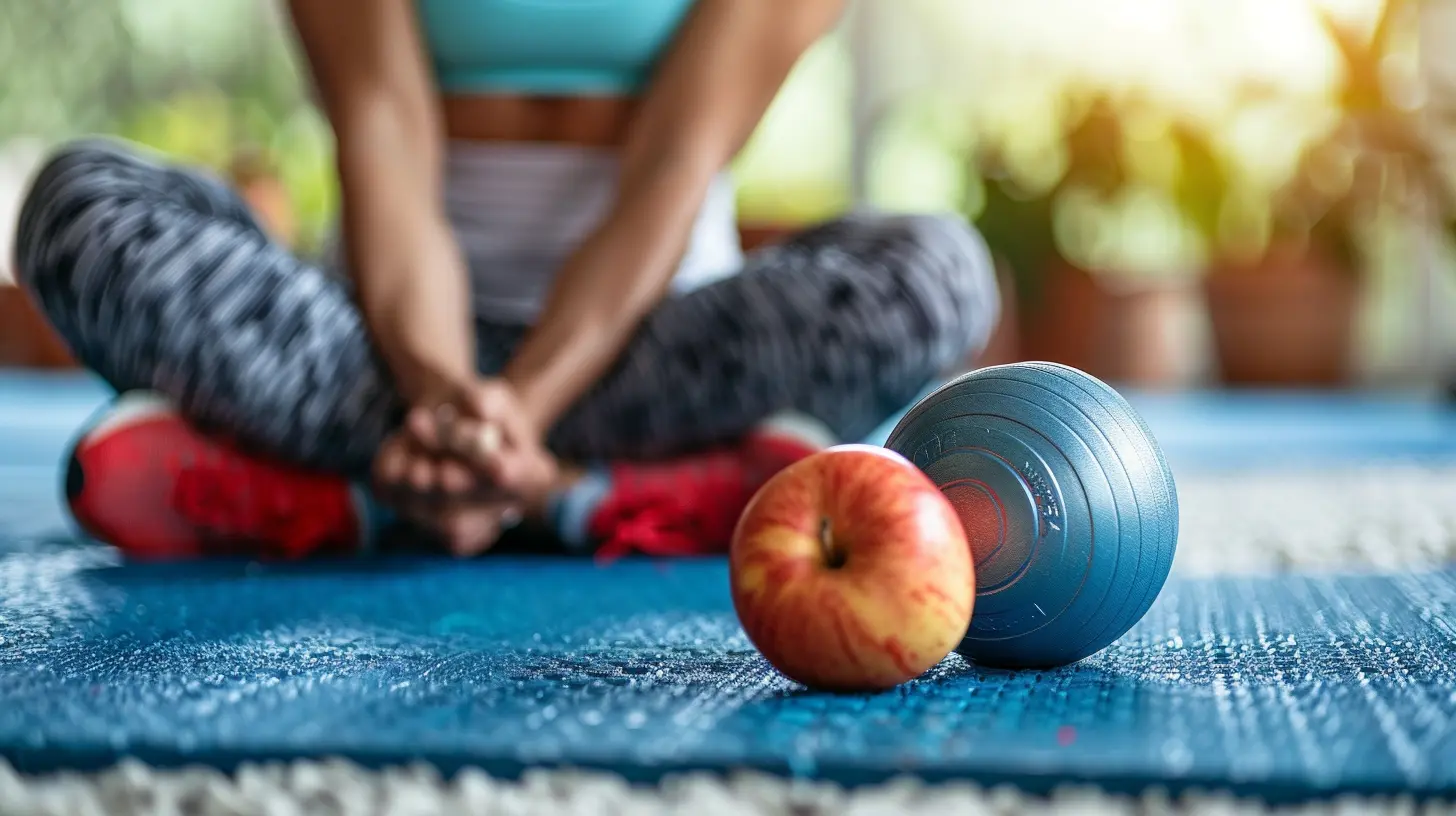Post-Workout Recovery: How to Listen to Your Body’s Needs
1 September 2025
After an intense workout, do you ever feel exhausted, sore, or completely drained? That’s your body shouting for attention! Recovery is just as important as breaking a sweat, yet many of us overlook it. Ignoring recovery can lead to burnout, injuries, and slower progress. But how do you know what your body actually needs?
The key is simple: listen to it. Your body sends signals, and decoding them correctly can make all the difference in your fitness journey. In this guide, we’ll dive into smart post-workout recovery strategies that help your muscles heal, reduce soreness, and get you back to feeling your best—faster.

Why Is Post-Workout Recovery Important?
Picture this: You’re trying to build a house, but instead of letting the cement dry, you keep piling on bricks. Eventually, the whole thing collapses. That’s what happens when you neglect recovery—your body never gets a chance to repair and grow stronger.Recovery isn’t just about avoiding soreness; it’s about giving your muscles the time and nutrients they need to rebuild. When you work out, tiny tears form in your muscles. Proper recovery helps these tears heal, making you stronger and more resilient. Plus, it helps prevent injuries and keeps your energy levels high.

Listening to Your Body: Signs You Need Recovery
Your body is constantly talking to you—are you paying attention? Here are some common signals that scream, “Hey, slow down!”1. Persistent Muscle Soreness
A little soreness is normal, but when it lingers for days, your body is struggling to repair itself. This is your cue to focus on recovery techniques like proper nutrition, hydration, and rest.2. Extreme Fatigue
Feeling a little tired after a workout is expected, but if you’re completely drained to the point where daily tasks feel impossible, your body needs a break.3. Decreased Performance
If your workouts start feeling harder than usual or your strength and endurance decline, it might be a sign of overtraining. Your body is telling you to step back and recover.4. Increased Heart Rate
Track your resting heart rate. If it’s significantly higher than usual, it could be a sign that your nervous system is stressed and overworked.5. Poor Sleep Quality
Tossing and turning all night? Overtraining can mess with your sleep, making it harder for your muscles to recover properly.
Best Post-Workout Recovery Strategies
So, how do you bounce back quickly and effectively? Let’s break it down.1. Prioritize Hydration
Sweating during a workout means you’re losing fluids and electrolytes. Dehydration can cause muscle cramps, fatigue, and even dizziness. Make sure you're drinking enough water before, during, and after exercise. If your workout is particularly intense, consider adding an electrolyte drink to replenish lost minerals.2. Refuel With Proper Nutrition
Food is your recovery fuel. After a workout, your muscles need protein for repair and carbs to restore energy levels. A good post-workout meal includes:- Protein (chicken, fish, tofu, eggs, Greek yogurt) for muscle recovery
- Carbs (brown rice, quinoa, sweet potatoes, fruits) to restore glycogen
- Healthy fats (avocados, nuts, seeds) to reduce inflammation
A quick and effective post-workout snack? A protein smoothie with banana, almond butter, and a scoop of protein powder.
3. Get Enough Sleep
Think of sleep as your body’s repair shop. During deep sleep, your body releases growth hormones that help rebuild muscle tissue. Aim for at least 7–9 hours of quality sleep each night to maximize recovery.4. Active Recovery: Keep Moving
Rest doesn’t always mean lying on the couch all day. Engaging in light activities like walking, yoga, or stretching keeps the blood flowing, delivering oxygen and nutrients to tired muscles.5. Stretching & Mobility Work
Tight muscles can lead to imbalances and injuries. Spend at least 10–15 minutes stretching after workouts to improve flexibility and reduce stiffness. Adding foam rolling (self-massage) can also help release muscle knots and speed up recovery.6. Take Rest Days Seriously
Your muscles don’t grow during workouts—they grow during recovery. Incorporate at least one to two rest days per week to allow proper healing. If you’re feeling extra fatigued, don’t be afraid to take additional rest days.7. Use Cold and Heat Therapy
- Ice baths or cold showers reduce inflammation and muscle soreness.- Heat therapy (like a warm bath or heating pad) increases blood flow, helping muscles relax and recover faster.
8. Listen to Your Stress Levels
Did you know that stress can slow down recovery? High cortisol (the stress hormone) can increase muscle breakdown. Try meditation, deep breathing, or relaxation techniques to keep stress in check.9. Supplement Smartly
While whole foods should always be your primary source of nutrients, certain supplements can aid recovery:- BCAAs (Branched-Chain Amino Acids) for muscle repair
- Magnesium to reduce muscle cramps
- Collagen for joint and tendon health
- Omega-3s to fight inflammation
10. Avoid Overtraining
More isn’t always better. Overtraining leads to burnout, poor performance, and increased injury risk. Follow a balanced routine that includes rest and recovery days.
How to Develop a Recovery Routine That Works for You
Everyone’s recovery needs are different. Pay attention to how your body responds and adjust your routine accordingly. Here’s a simple way to structure your recovery plan:1. Hydrate immediately after your workout.
2. Eat a nutrient-rich meal within 30–60 minutes.
3. Stretch and foam roll to release muscle tension.
4. Get quality sleep to allow full-body recovery.
5. Engage in light movement on rest days.
6. Prioritize stress management to keep cortisol levels low.
Final Thoughts
Your body is constantly talking to you—it’s up to you to listen. Ignoring recovery can set you back, but taking care of yourself ensures long-term progress without injuries or burnout. Pay attention to your energy levels, muscle soreness, and overall well-being. The better you recover, the better you perform.So, the next time you wrap up a workout, don’t just walk away. Treat your recovery like an extension of your training. Your body will thank you with stronger muscles, faster results, and a healthier you!
all images in this post were generated using AI tools
Category:
Post Workout RecoveryAuthor:

Holly Ellison
Discussion
rate this article
1 comments
Monica McFarland
Listening to your body post-workout is crucial; prioritize hydration, nutrition, rest, and recovery techniques to enhance performance and prevent injuries.
September 27, 2025 at 4:07 PM

Holly Ellison
Absolutely! Listening to your body is key to effective recovery and improved performance. Prioritizing hydration, nutrition, and rest will help you stay injury-free and ready for your next workout.


